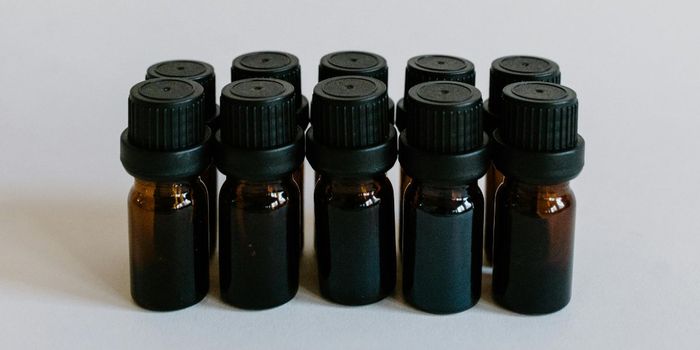Optimized Vaccine Improves Survival for Men with Melanoma
Melanoma, the most dangerous type of skin cancer, remains in the top five cancers diagnosed in both men and women. Scientists understand that most melanoma cells express antigens, proteins that prompt the body to initiate an immune response. We consider these antigens “unique” because other non-melanoma cells do not usually express them. Thus, melanoma antigens present a viable target for cancer treatment.
However, melanoma vaccines made to target antigens remain limited in clinical efficacy. One potential opportunity for cancer vaccines involves the antigens targeted by a particular vaccine. While original vaccines targeted one or two antigens, studies have shown that vaccines that recognize up to 12 antigens elicit a more robust immune response.
Still, vaccine development has continued to evolve to improve clinical efficacy. One area of focus concerns the type of immune cells elicited by the vaccine. CD8+ T cells, the immune cells that kill cancer cells, represent the most critical type of immune cell needed for an effective anti-tumor immune response. However, during an immune response, CD4+ T cells, also known as “helper” T cells, stimulate CD8+ T cells. In other words, CD4+ T cells “help” CD8+ T cells become activated and eliminate cancer cells.
This question led a team of investigators to wonder if they could improve treatment efficacy by stimulating both CD8+ T cells and CD4+ T cells with a single vaccine approach. To address this, they designed a clinical trial to evaluate the effectiveness of a vaccine targeting CD8+ T cells and CD4+ helper T cells. The researchers recently published the results of the clinical trial in Nature Communications.
The multicenter phase II clinical trial (NCT00118274) enrolled patients from three cancer centers in the United States (University of Virginia, MD Anderson Cancer Center at the University of Texas Houston, and Fox Chase Cancer Center). The study included 112 patients, half of whom were enrolled at initial diagnosis and half after recurrence.
The clinical trial compared two approaches to melanoma vaccination. The first approach targeted CD8+ T cells and a nonspecific helper peptide, while the second targeted CD8+ T cells and a CD4+ T helper peptide.
Patients who received the CD8+ T cell and CD4+ T cell targeting vaccine exhibited longer overall survival and recurrence-free survival than those who received the CD8+ T cell vaccine with the nonspecific helper peptide. Notably, the study found that adding CD4+ T cells to help the vaccine only improved outcomes among male patients.
The authors conclude that their study supports adding T cell help to cancer vaccines, an approach that researchers could explore with many already developed vaccines. In addition, the study begs further investigation into the differences in treatment efficacy between male and female patients, a factor that may be influential in immune-based therapies.
Sources: CA, Clin Cancer Res, Nat Communc









